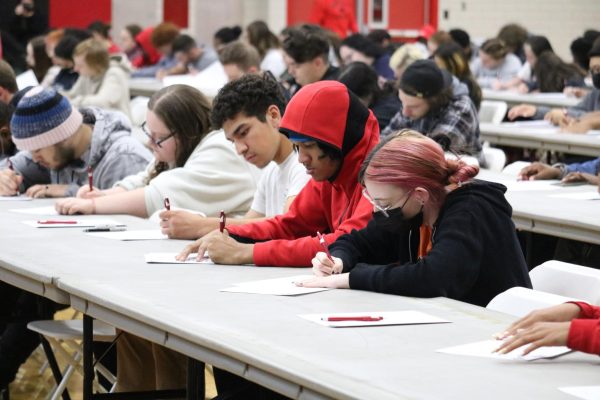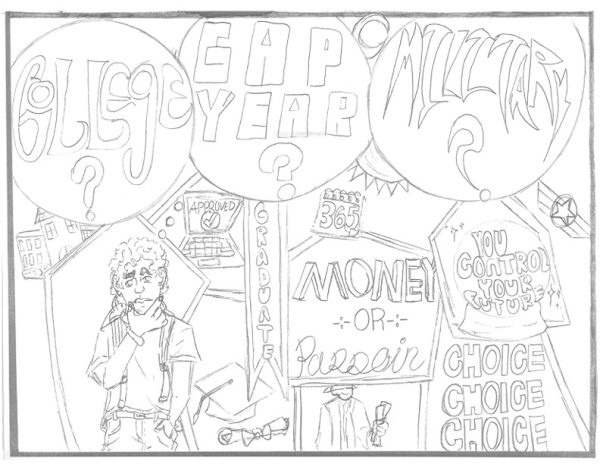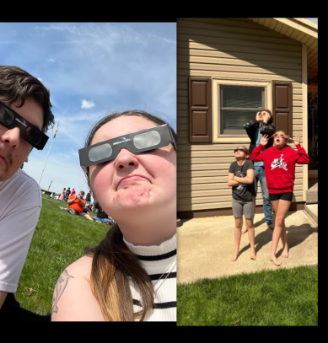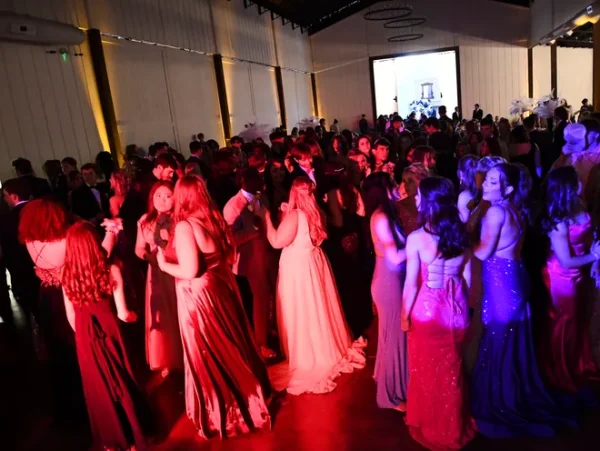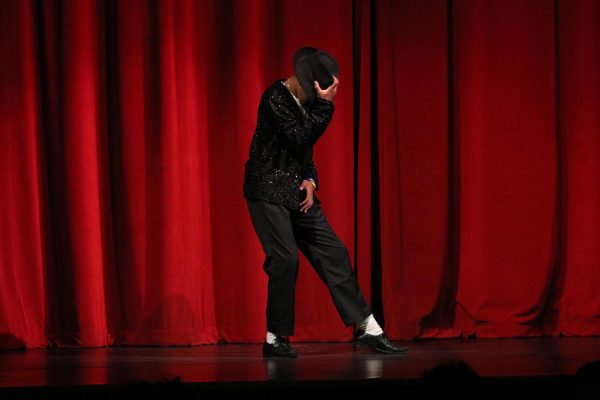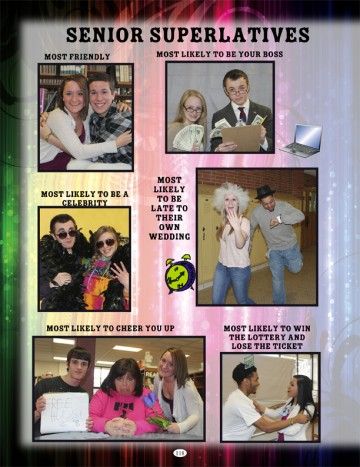Affirmative Action in Colleges
Oct 30, 2017
Many people see affirmative action as something to help out our disadvantaged, but early in August, the Trump Administration threatened to sue colleges that use it for discriminatory purposes. According to affirmative action legislation, college recruiters can freely use race, gender, ethnicity, and religion as a deciding factor in their decision to admit someone to a university.
Affirmative action is a policy favoring those who have historically suffered from discrimination. In a 2009 study by the Pew Research Center, only 22 percent of white Americans support preferential treatment, while those numbers are 58 percent for black Americans and 53 percent for hispanics.
A common argument for affirmative action is that it helps to maintain a diverse college campus and workplace. Mr. Brad Thobe, vice principal of WCHS, says that it gives opportunities to people that may not otherwise have them.
A common argument in favor of affirmative action is that, by current sociopolitical standards, formerly oppressed or disadvantaged groups, such as women and minorities, deserve a boost in chance of success. Mr. Joshua Hazelrigg, a social studies teacher at WCHS, says that affirmative action isn’t commonly used in today’s society, and therefore, its thought to be harmful effects, are often not present.
If we remove it entirely, we may never get something like it again. — Mr. Hazelrigg
A middle-ground solution, proposed by Mr. Hazelrigg, would be that we take affirmative action, and reform it to be more compatible with the standards of the current year. “If we remove it entirely, we may never get something like it again,” Mr. Hazelrigg said.

